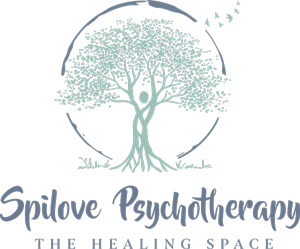If you’ve been exploring options to help you process your trauma and feel that traditional talk therapy isn’t quite hitting the mark, Ketamine-Assisted Psychotherapy (KAP) could offer a new pathway. KAP combines therapeutic support with the effects of ketamine to help access emotions, memories, and perspectives that might otherwise feel out of reach. While this innovative approach has shown promise for those with treatment-resistant depression, PTSD, and complex trauma, it’s essential to understand how KAP works—and whether it aligns with your healing goals.
Curious to learn more? Click here to read our blog on what makes KAP unique, its potential benefits, and how to decide if it’s right for your trauma recovery journey.







